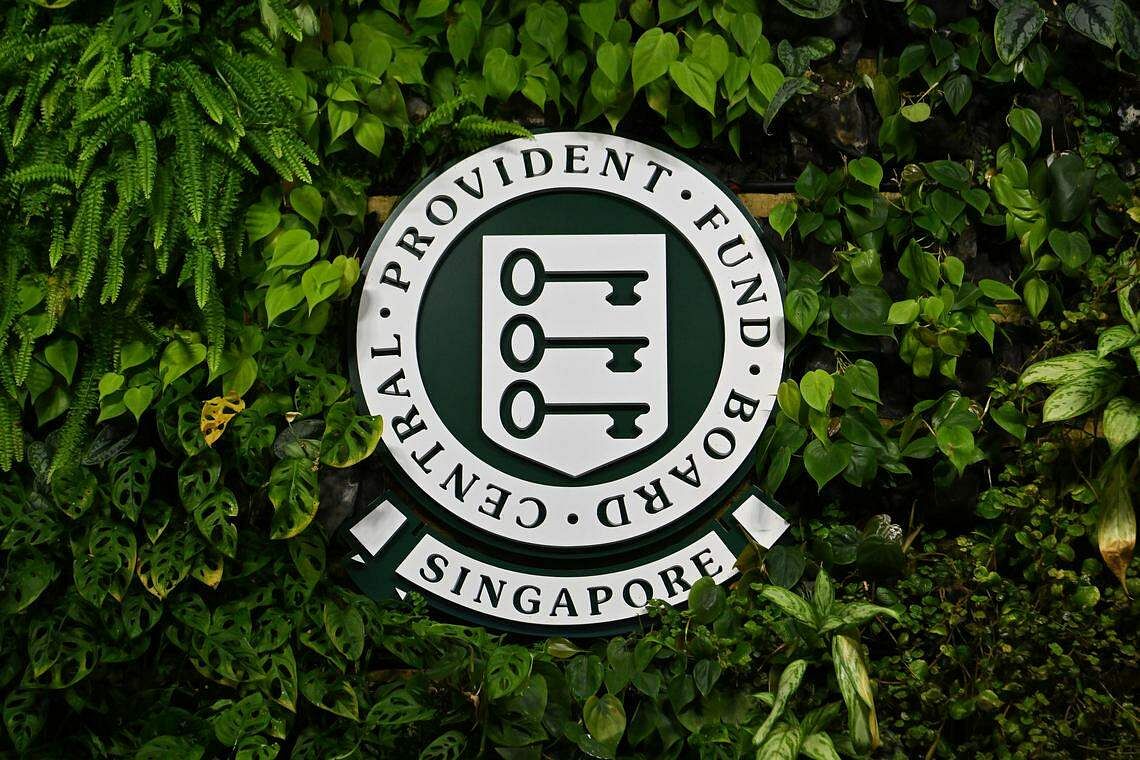Welcome to the latest edition of ST HeadSTart, bringing you the best of The Straits Times’ career and personal finance coverage every Monday morning. Sign up here to get weekly tips right into your inbox.
Have you found yourself in a dilemma about whether to accept a counter-offer?
These situations can be tricky and you should proceed with caution. There is, firstly, the question of why your company is providing you with what you are worth only when you're about to resign. Manpower reporter Tay Hong Yi highlights other pertinent points.
How have you handled a counter-offer? Tell us more at headstart@sph.com.sg
Are you rebalancing your portfolio amid volatility from the recent US bank collapses and Credit Suisse troubles? One approach is to figure out if you prefer an active or passive investing strategy. Active managers can avoid “bad companies” that a passive fund cannot, but they are also prone to emotional biases, says senior correspondent Chor Khieng Yuit, who highlights other factors to keep in mind.
More than $4 billion was invested in treasury bills (T-bills) and fixed deposits using Central Provident Fund (CPF) savings in January and February. If you're thinking of putting your CPF savings to work, read another story by Khieng Yuit, on things you should consider before deploying these funds. These include T-bill minimum cut-off yields that will allow you to rack up more interest than the amount you could have earned by leaving the funds in your CPF Ordinary Account.
Meanwhile, if you're considering other types of investments, you might get some inspiration from this week's Me & My Money column. I speak to fund manager Ashli Koe, who is particularly fond of the foreign exchange markets. She says they are evergreen, unlike other asset classes like equities that often cycle through several years of bull or bear markets.
We hope you enjoy the selection of stories. Have a good week ahead.
Should you take up a counter-offer?

The same circumstances that caused you to seek a change are likely to linger after the counter-offer's novelty of extra income wears off, say experts.
In the wake of bank failures, does active or passive investing win?

Passively managed exchange-traded funds with exposure to regional bank stocks were caught up in contagion fears. Is active investing the way to go, then?
Podcast: Investing in South-east Asia

Associate editor Ven Sreenivasan and Maybank regional research director Thilan Wickramasinghe discuss regional market opportunities and threats in the latest episode of Invest Talk.
Should you still put your CPF savings in T-bills and fixed deposits?

Is it still worthwhile to invest your CPF funds in treasury bills and fixed deposits, with yields heading lower and promotional offers being revised down?
Why this 35-year-old fund manager prefers investing in FX markets

Her currency investments have provided an element of stability to her personal portfolio amid volatile times.
How to deal with envy at work

It is possible to make work more attractive to older employees without angering younger workers, says the writer.
All Sibor retail loans to be converted to reference Sora in June 2024

Those who choose to switch out of their Sibor-based loans early with the same bank or to the Sibor-Sora conversion package will not be charged a conversion fee.
Youth unemployment in 2022 was at its lowest in 24 years

This could reflect an ease in the number of schooling youth looking for a part-time or temporary job in sectors with low barriers of entry, says the Manpower Ministry.
Are scammers still succeeding in a gloomy market?

The collapse of major crypto players has created more wariness and disadvantaged scammers. But crooks still have a few tricks up their sleeves, says Invest editor Tan Ooi Boon.
Money does buy happiness but it has its limits

A recent study found no happiness plateau at all in relation to income, except among the unhappiest 20 per cent of people, and only when they start earning over US$100,000 (S$134,000).
Thank you for reading this week’s round-up of ST’s career and personal finance coverage. Have a great work week ahead.
If you received this newsletter from someone, sign up here to get it right into your inbox! If you have any feedback, please drop us an e-mail at headstart@sph.com.sg

